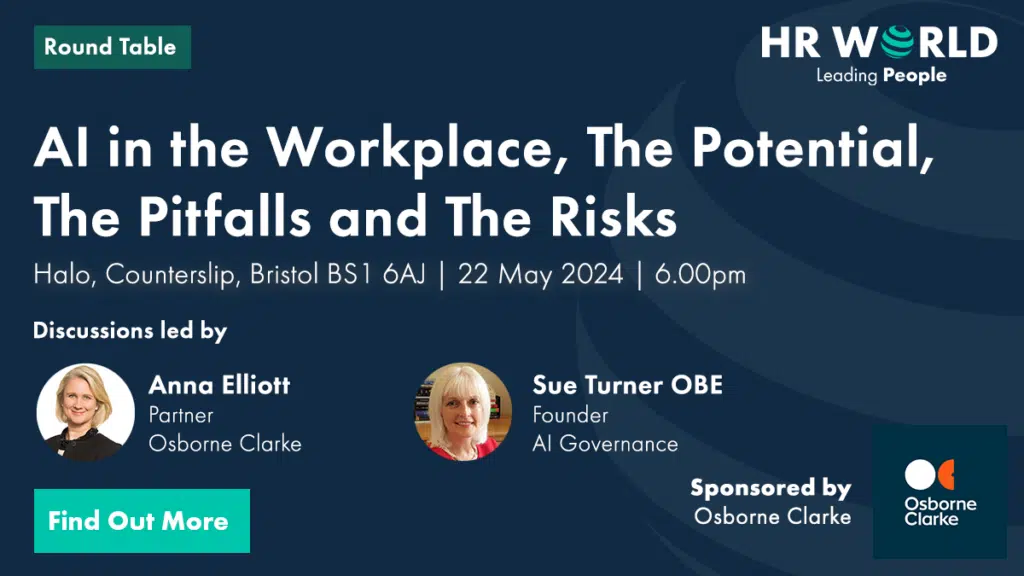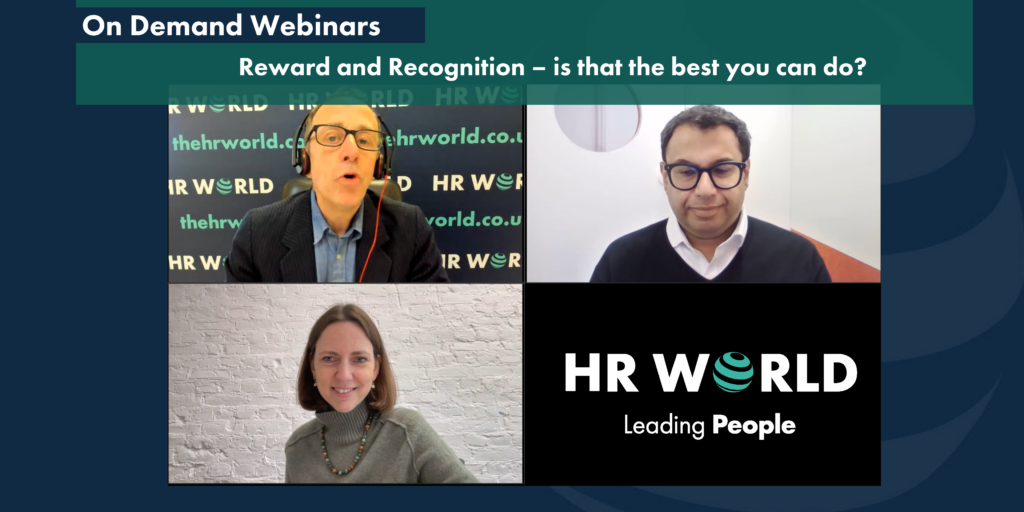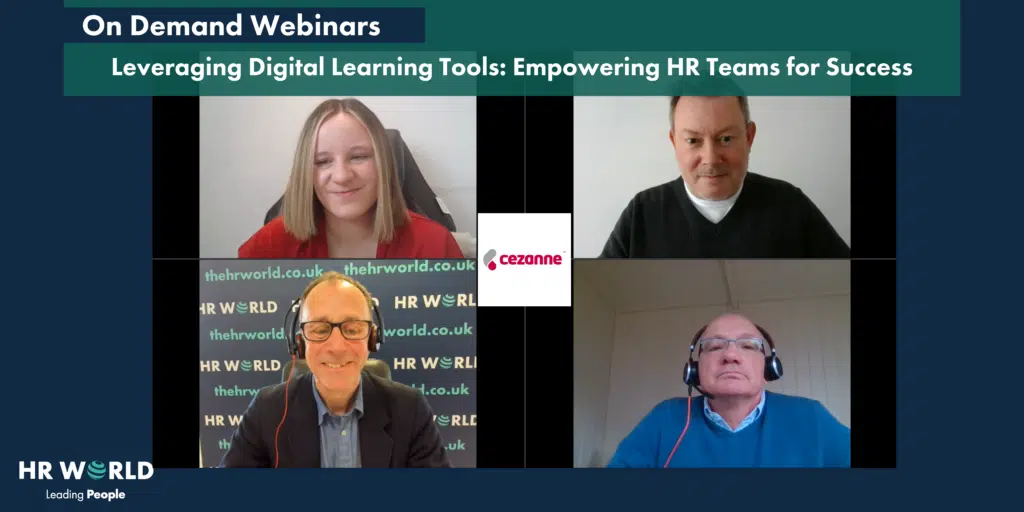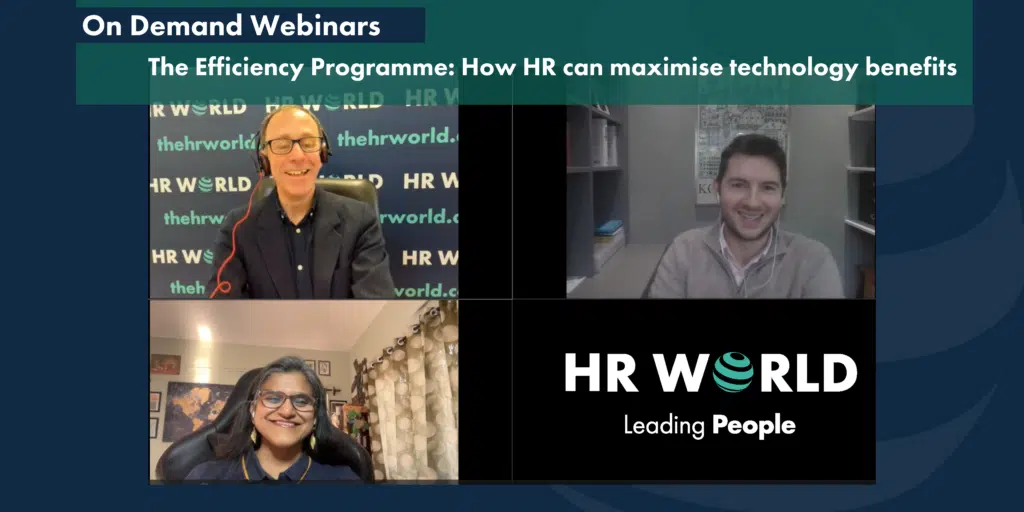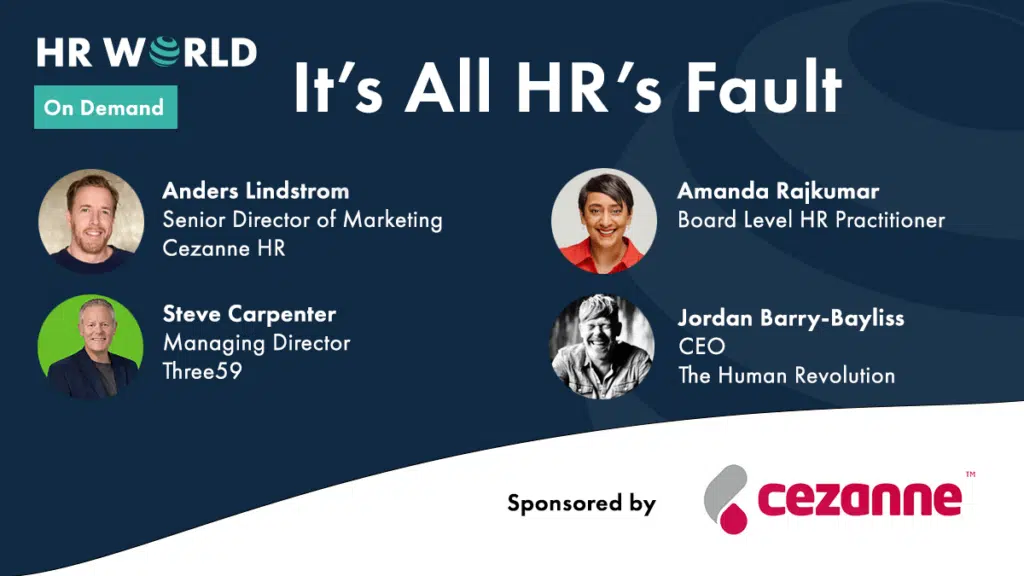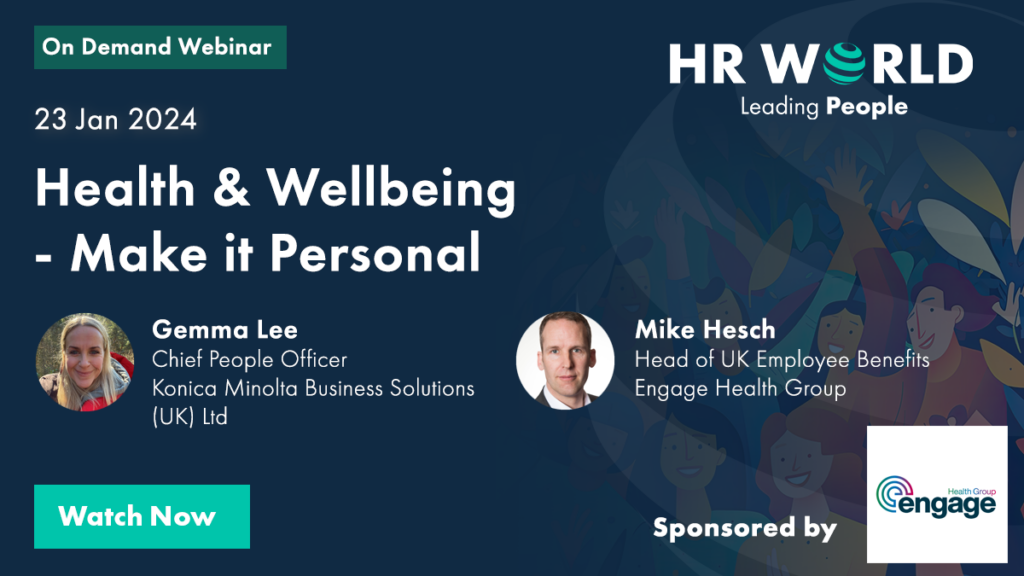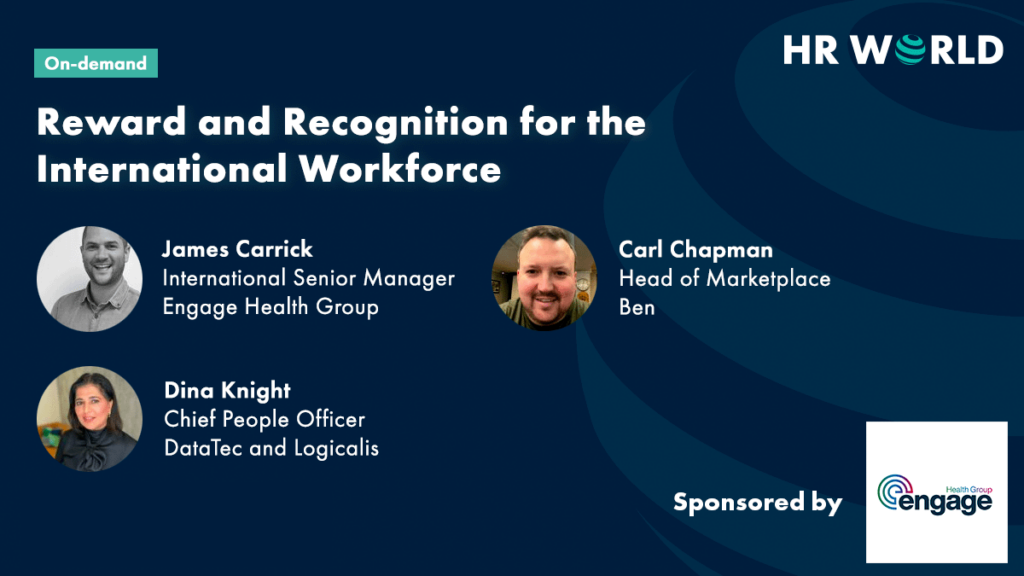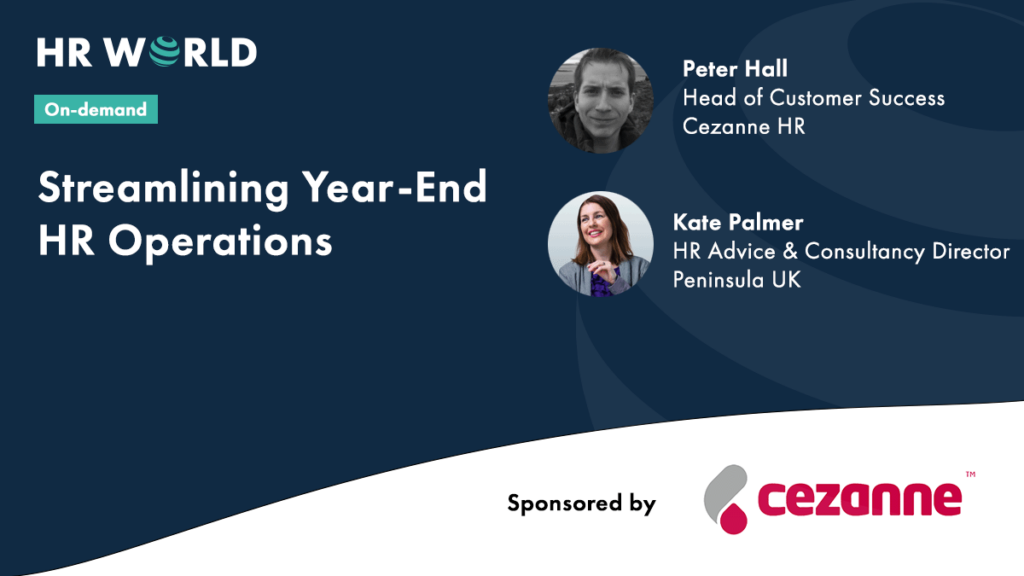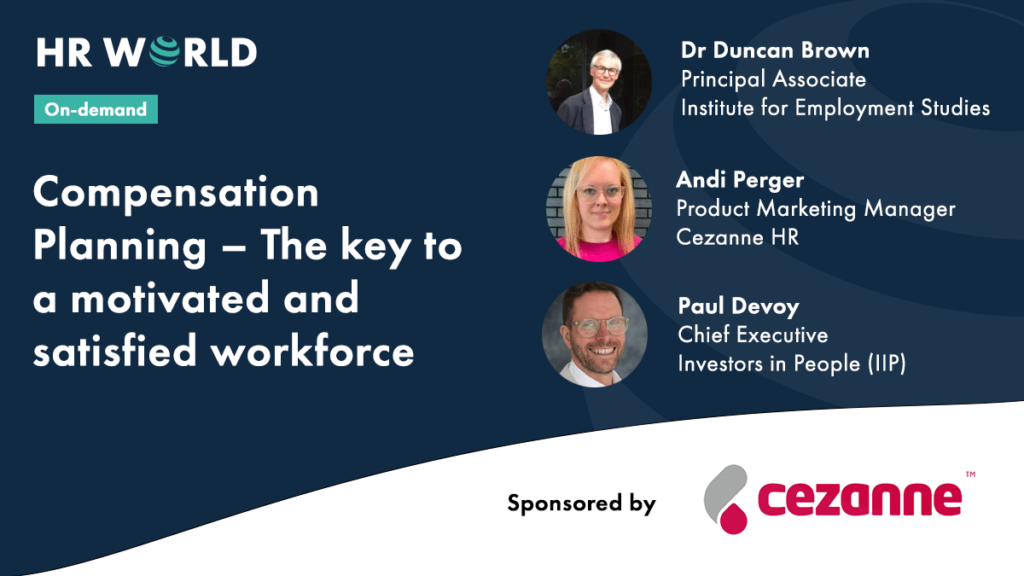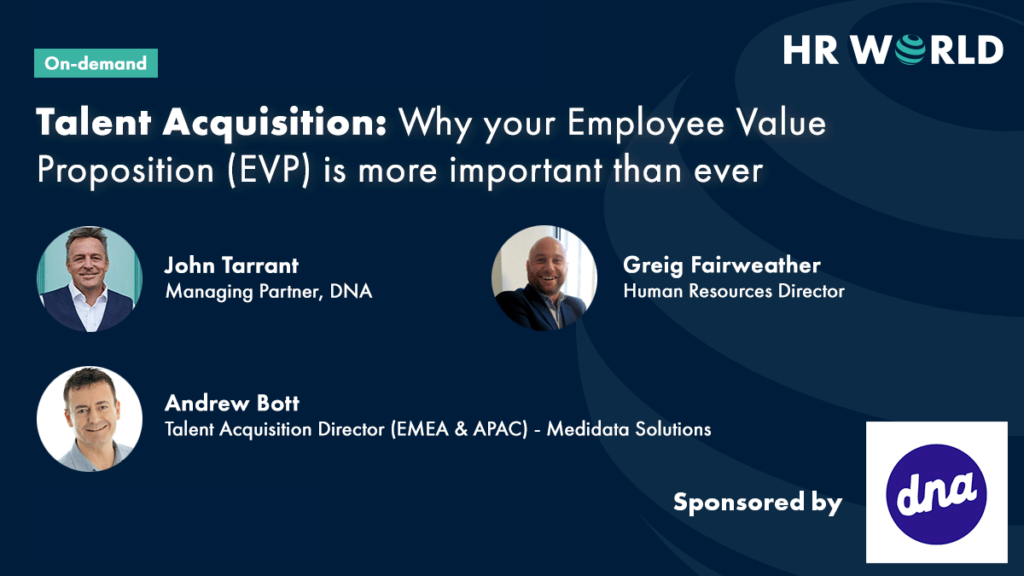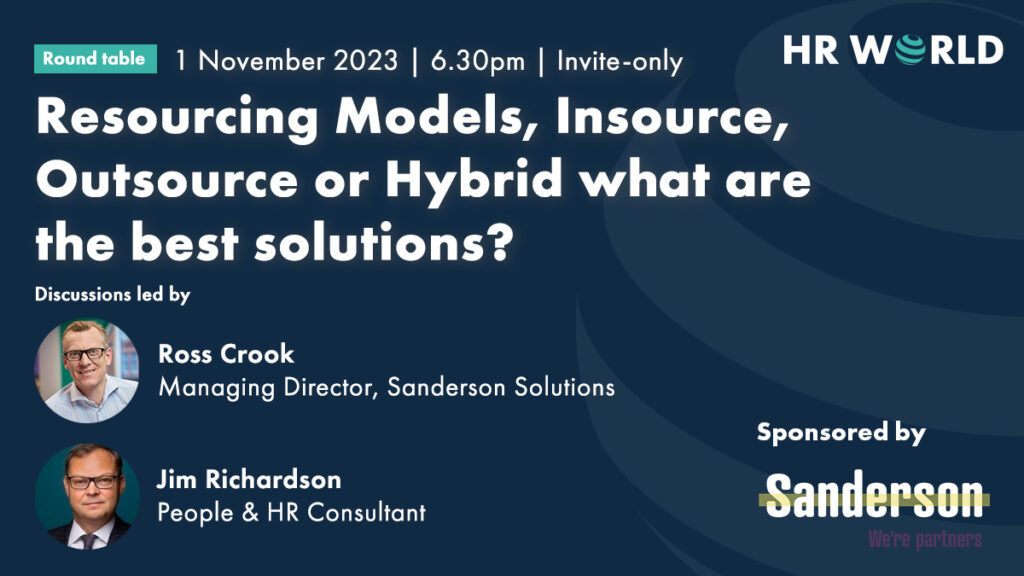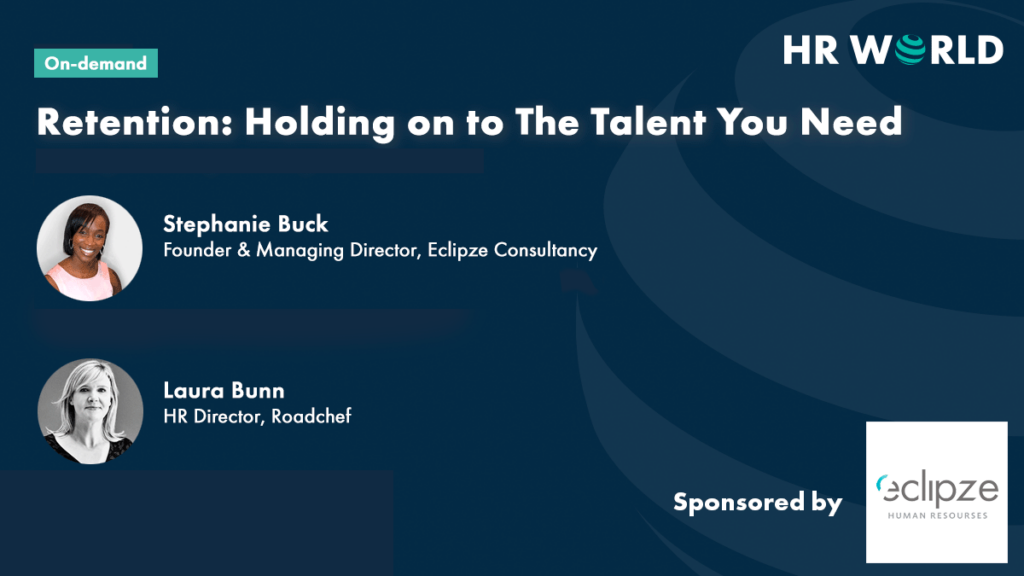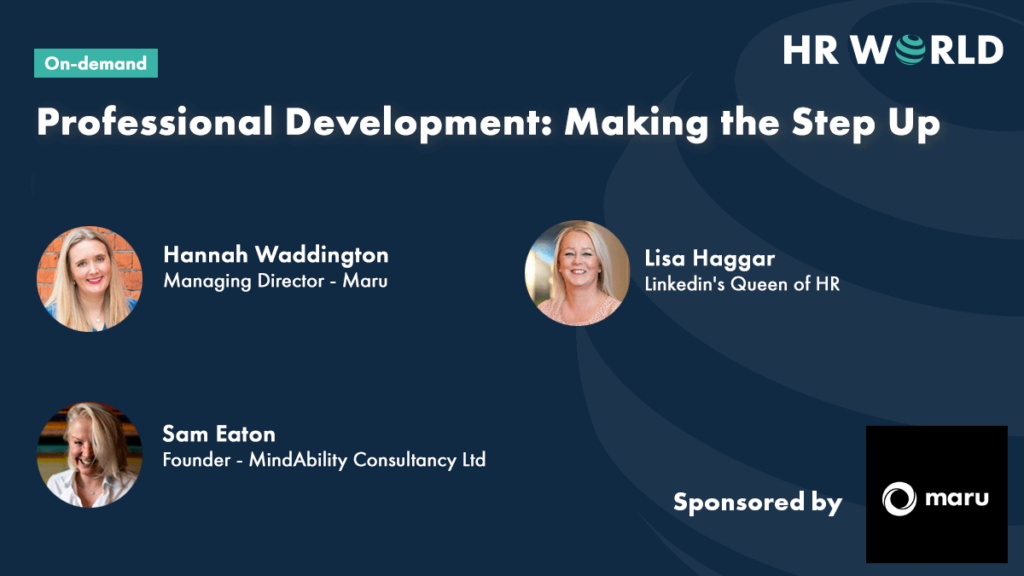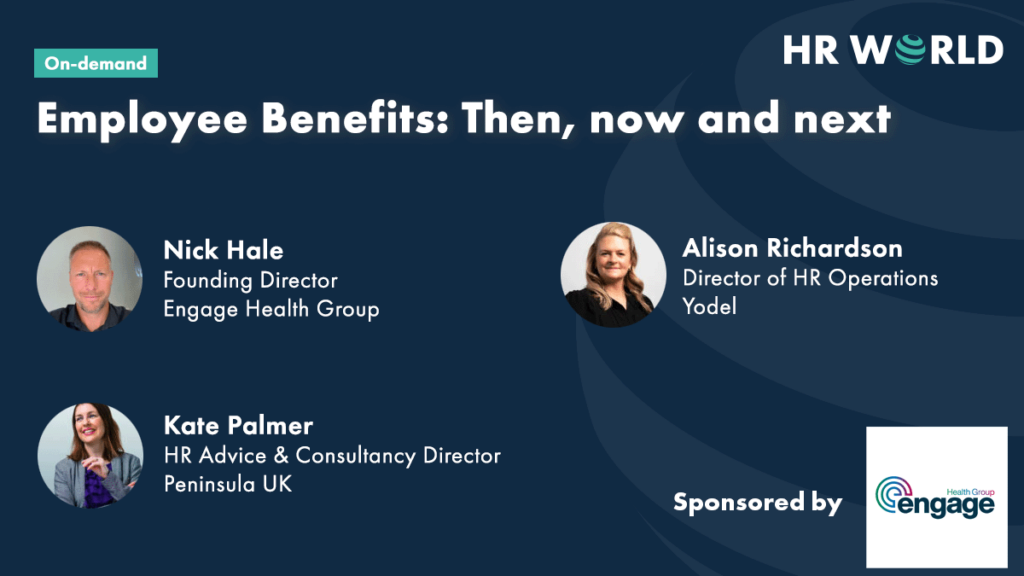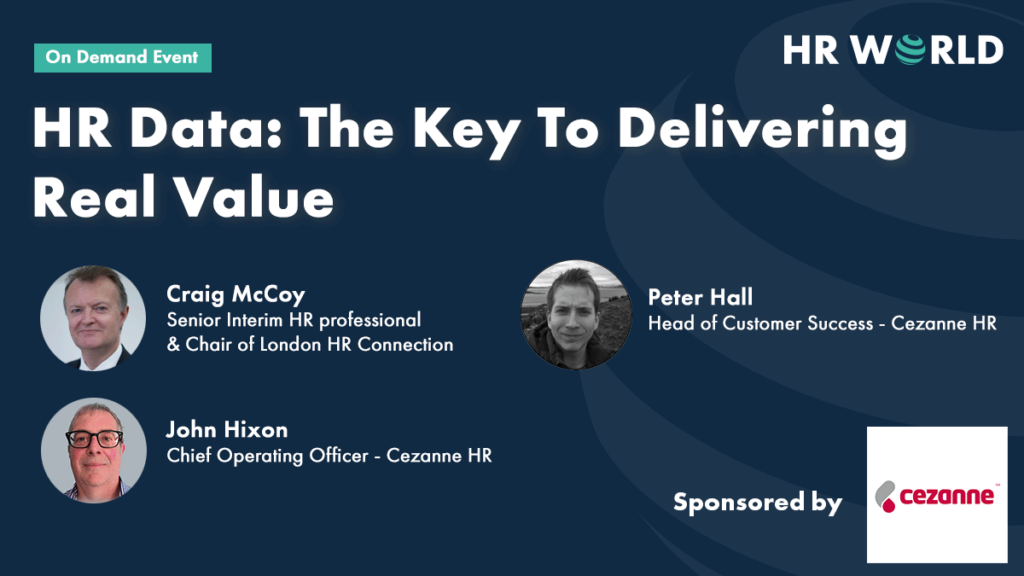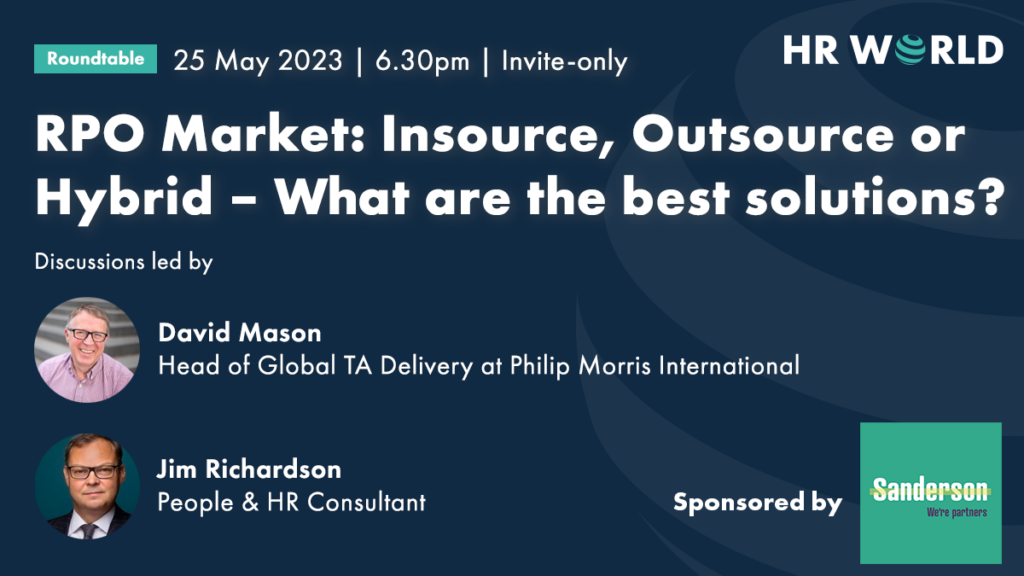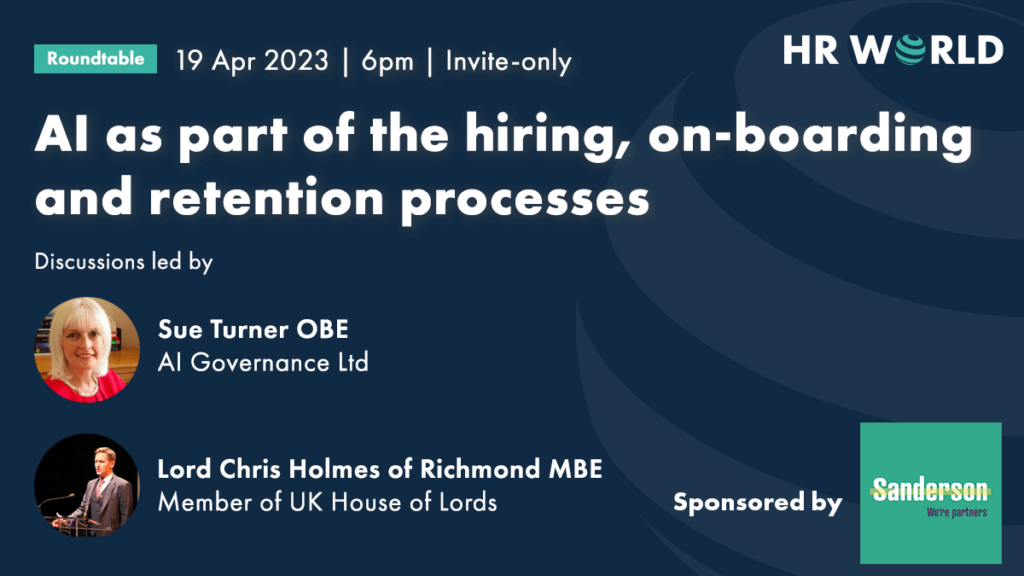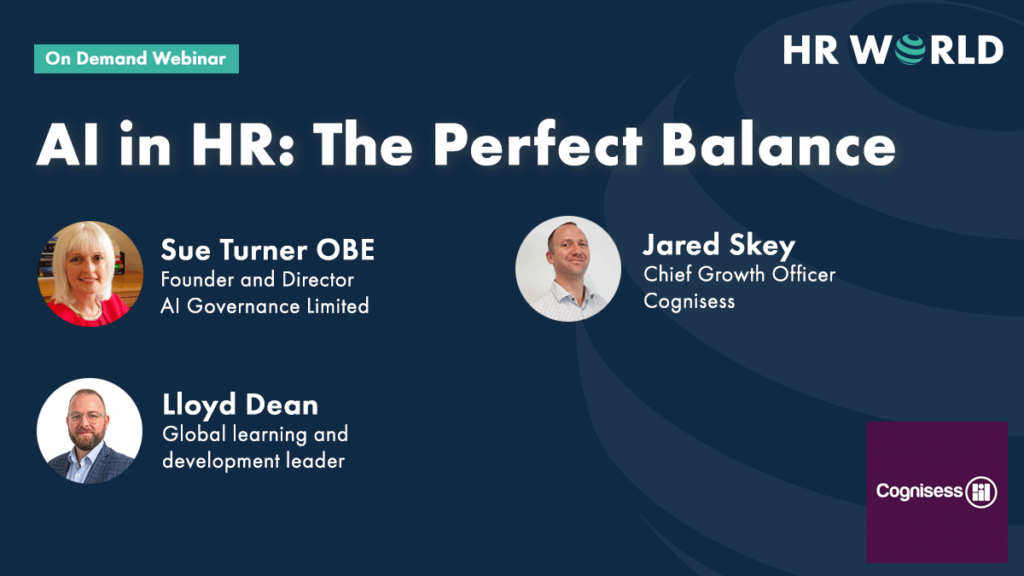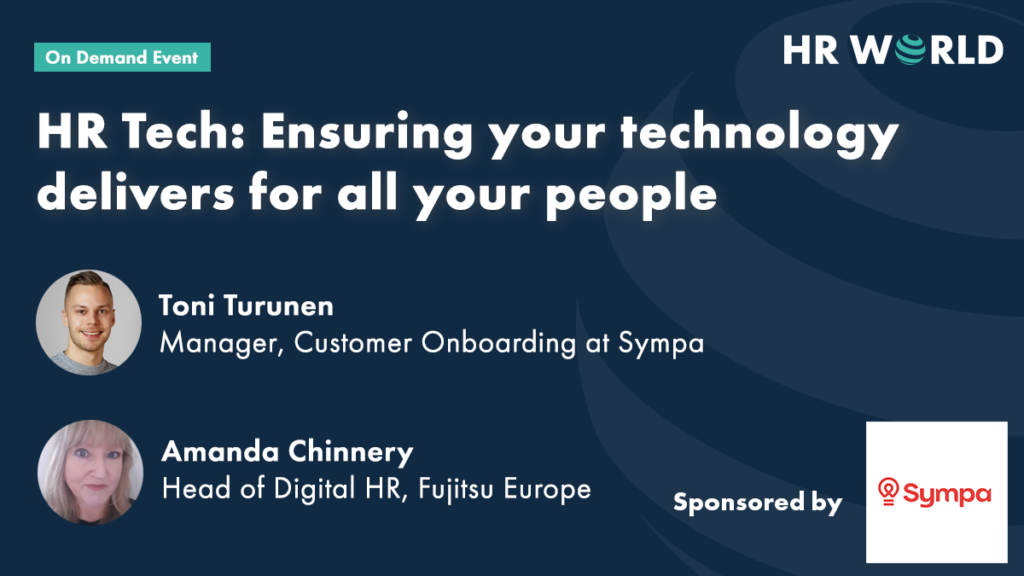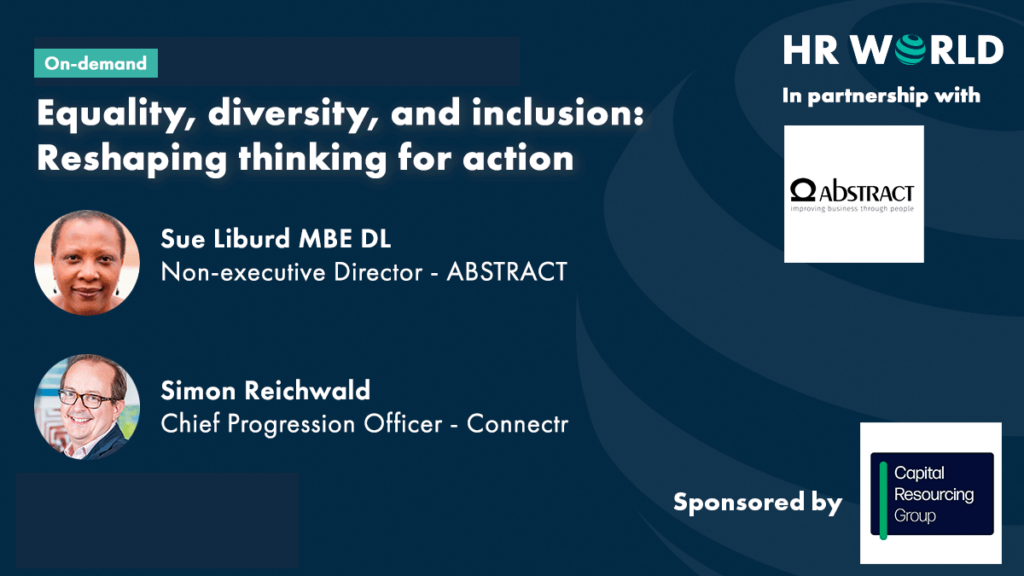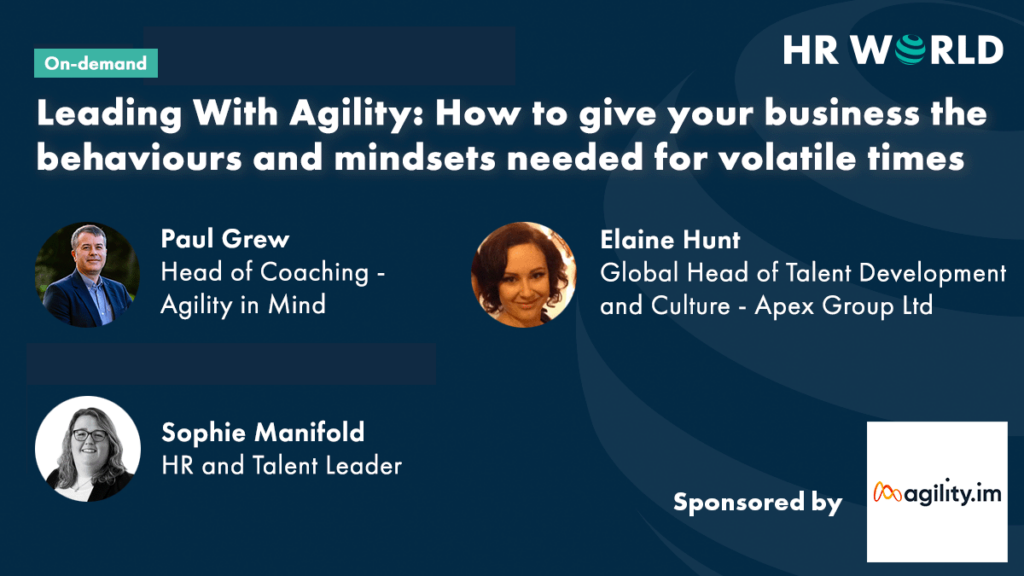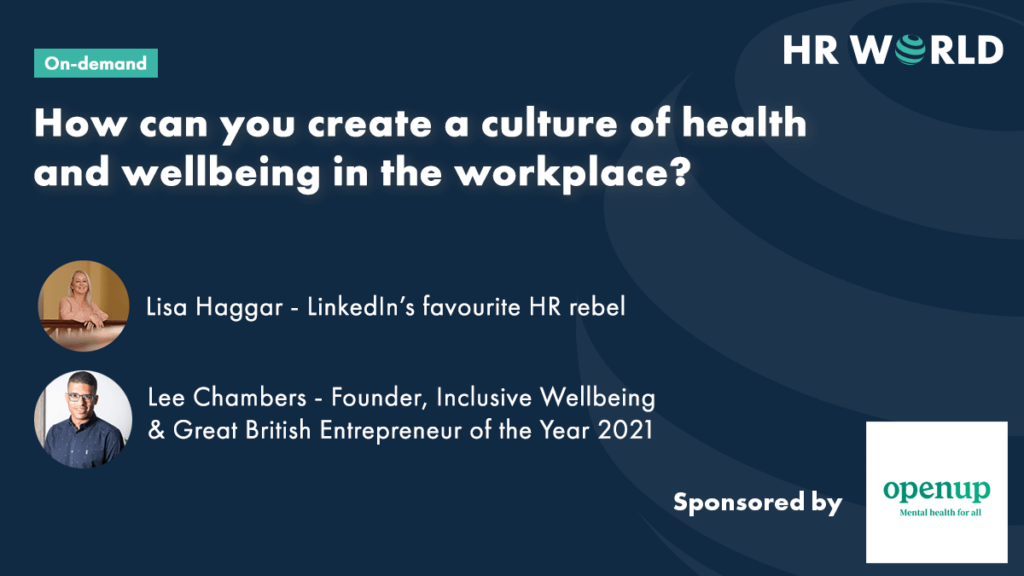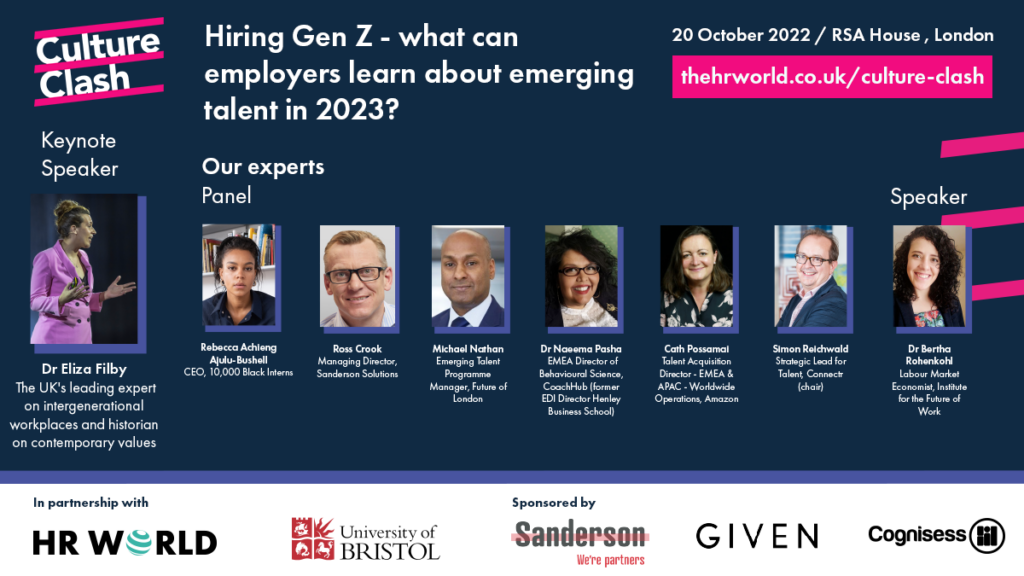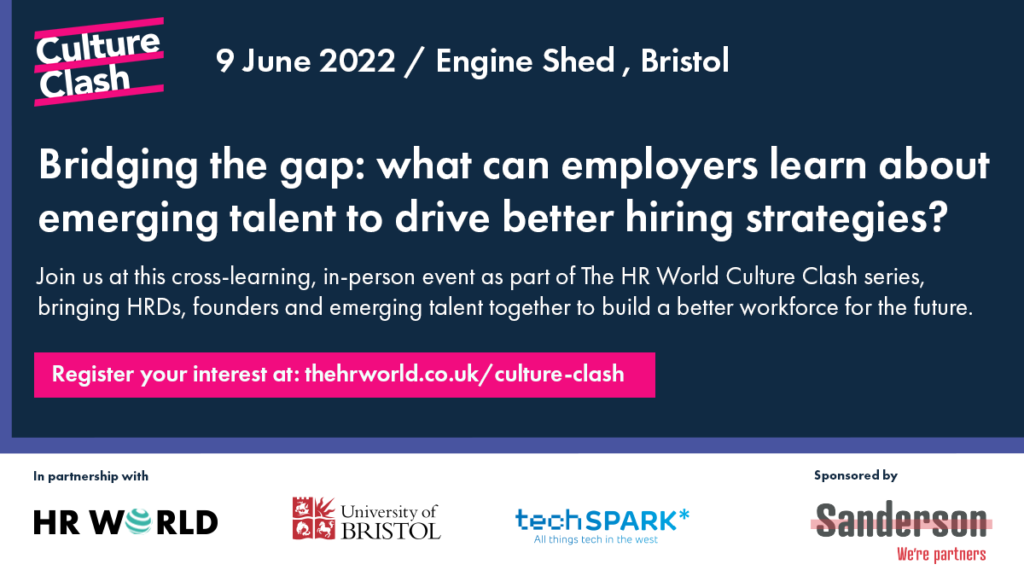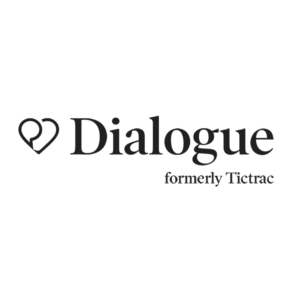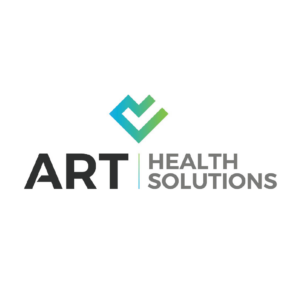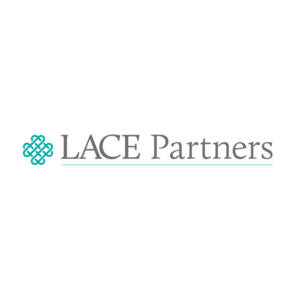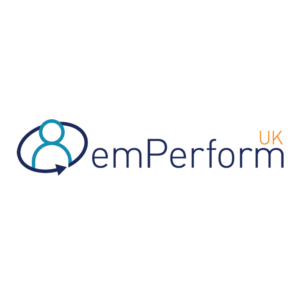Home » Knowledge Hub » HR AI » AI and the Changing Nature of Work
AI and the Changing Nature of Work
27 March 2024 HR AI

Story by
Jon Lester Vice President of HR Technology, Data & AI for IBM HR

Jon Lester, Vice President of HR Technology, Data & AI for IBM HR surveys the current and future impact of AI on HR.
Generative artificial intelligence (GenAI) has ignited huge excitement across all industries over the past 18 months, democratizing the impressive capabilities of large language models (LLM) and advanced machine learning.
One sector poised to reap significant benefits of the technology is Human Resources (HR). With its unique ability to process vast amounts of information from disparate data sources and automate multiple tasks at once, GenAI has the potential to transform the day-to-day lives of the HR workforce, relieving professionals of time-consuming tasks and allowing them to dedicate their energy to strategic initiatives and truly people-centric work.
Creating a Hybrid Workforce
One of the most widely discussed uses of GenAI is the automation of mundane and repetitive tasks. This is a very compelling case for HR professionals, who must balance administrative tasks and more high-value strategic jobs throughout their working day.
Like any other nascent technology, the deployment of GenAI within the HR function will be a gradual process as organisations begin to assess where the technology can be the most useful for individual teams. Each HR function will operate differently, with unique pressure points, and being thoughtful and measured in GenAI’s deployment will help mitigate the risk of unnecessary costs or employee dissatisfaction.
Yet even at this early stage, there are several emerging use cases that demonstrate how GenAI can transform the workload of HR personnel.
Task-Oriented Automation
The first is task-oriented automation, where generative AI applications can complete activities, such as creating job descriptions, summarising documents or multiple pieces of feedback, and creating personas in a matter of moments. Traditionally, AI applications were built on a specific data set and could only perform one specific set task. LLMs have revolutionised this approach, with the capacity to manage much larger data sets and the ability to perform a wide variety of tasks with the available data. Furthermore, advancements in natural language processing means GenAI applications can process and analyse both textual and numerical information, allowing for more comprehensive and insightful analysis and content.
Process Automation
The second benefit is process automation, including content generation. HR professionals deal with extreme amounts of inquiries and questions, relating to issues like pay, pension and company policies. While ‘chatbots’ have been around for years, the increased sophistication of these applications has elevated their useability to new heights.
At IBM our solution was to develop a digital assistant equipped with secure company data and personal information, to provide accurate responses to employees’ inquiries and transform the capacity and workload of HR. This was a hugely popular shift and has been continually enhanced through the use of APIs to automate multiple processes via chat and as a ‘nudge’ machine to proactively engage our employees with just-in-time alerts. In 2023, 97% of managers used this digital assistant and even our executives found it quicker and easier to complete self-serve tasks via chat than asking their assistants to do it for them (94% of IBM Executives). Since 2016, we have reduced the number of employee inquiries answered by HR by 61%. Our current focus is to move our content from curated to generated and we are now running three pilots focused on company benefits, career assistance and expenses where we are combining our data with LLMs to both speed up our deployment of new content and drive further efficiencies into IBM.
Program Automation
The third use case is program automation, where GenAI not only automates data collection tasks, but remembers the data sets across a defined series of events, acting as a ‘digital twin’ that follows the professional in their journey. AI solutions can assist HR teams in lengthy internal data collection processes which form part of administrative procedures such as promotions, virtual class management and travel audit. These jobs are usually very time consuming, requiring workers to collect data from multiple sources, at many different moments in time. The introduction of the digital worker allows employees to focus on the decision-making element rather than data collection. The application can then also recognise the same data sets (in this case, people) across multiple events or processes, which exponentially speeds up the process in the future and can provide the worker with a more complete picture of the employee journey. As well as removing manual tasks from HR, we are seeing significant productivity gains for managers who are spending time within these programs. For example, across a single year, our promotion digital worker gave over 50,000 hours back to managers.
By looking at AI through the lens of ‘augmented’ intelligence rather than ‘artificial,’ we can begin to imagine a fully integrated hybrid workforce where AI is there to support workers with repetitive and time-consuming tasks, empowering them to focus on fulfilling high-value work and increasing job satisfaction and results. In 2023, we looked to see if our hypothesis of a hybrid workforce moving HR employees to higher-value work was accurate. In analysing the ‘average’ band of HR workers from 2016 to 2023 in roles such as HR Support, Payroll, HR Partner, and Compensation, we saw significant increases directly attributable to the adoption of AI. We anticipate GenAI will accelerate this trend, especially as the next iterations of GenAI-based solutions will consolidate the three capabilities outlined above into a single engagement platform.
AI Ethics and HR
While the benefits of AI in HR are considerable, it is imperative to remember that GenAI presents certain risks to an organisation and individuals if not deployed within a strong governance framework.
Importantly, HR is identified as a high-risk industry in the realm of GenAI. This is due to the risk of bias and the significant consequences that can impact an individual. This can create an additional impetus for business leaders to progress in accordance with clear ethical guidelines.
Any organisation exploring GenAI must prioritise AI ethics. It is imperative that companies build governance frameworks that are rooted in ethical principles, addressing the pillars of transparency, explainability, fairness, privacy, and robustness. Organisations must also ensure that AI applications comply with any commitments that exist in other areas of business in relation to discrimination and bias.
A major facet of this is ensuring that AI applications have continued human oversight. AI can be an incredibly effective tool in organising and presenting information and data around an employee, but it will never understand humans like we do and must never be used to make decisions for us.
HR is a human-centric sector and trust must be at the core of any strategy. Trust in data, trust in privacy and security, trust to be free from bias, and trust from your workforce that GenAI provide the freedom to pursue rewarding work – all of these are critical pieces of the puzzle.
A Look Ahead
Earlier this year, the EU Parliament approved the EU AI Act, introducing a long-awaited framework for ensuring transparency, accountability, and human oversight in developing and deploying AI.
The introduction of the Act should be viewed as a benefit to organisations in the EU, offering clear guidance on the risk-based approach to AI after a period of relative uncertainty.
Organisations have a real opportunity now to embrace GenAI, looking at their inventory of processes and understanding how the technology can bring tangible everyday benefits to their teams, boosting productivity, efficiency, and ultimately creating a more satisfied and fulfilled workforce.



